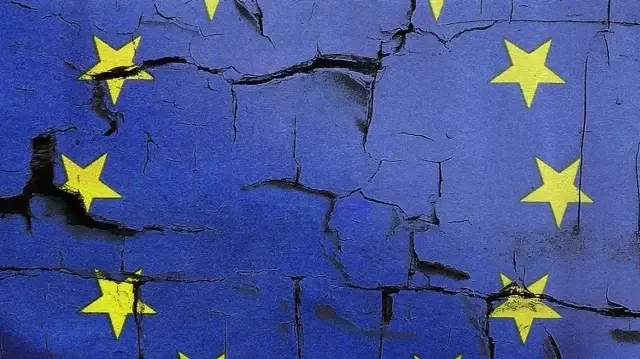A weakened Europe bows to blackmail!

After the U.S. imposed tariffs on China, Beijing expanded the scope of the struggle by adding Rare Earth Elements (REEs) to the list alongside basic goods such as soybeans.About 80–90% of the world’s REE processing capacity is located in China. It must also be noted that the issue is not merely about possessing these minerals, but rather having the knowledge to process them.
In other words, separating these elements—present only in small amounts—from raw earth and refining them into usable concentrates. Only China can perform this process efficiently. Even the U.S. lags far behind in this regard.
Returning to the issue: while this framework may appear to be mere export control at first glance, it actually reveals that China has executed a much smarter maneuver.
What is China’s clever move?
Throughout 2025, the Chinese Ministry of Commerce (MOFCOM) expanded export restrictions on rare earth elements to a global scale.
According to announcements No. 61 and 62 dated October 9, 2025, all products containing more than 0.1% rare earth elements of Chinese origin—or produced using Chinese technology—must obtain a MOFCOM export license, regardless of where they are manufactured.
In doing so, Beijing brought Chinese-origin mining, refining, magnet production, and recycling technologies under global oversight.
Under new rules introduced in April and tightened in October, China began demanding highly detailed and confidential data from foreign companies applying for six-month import licenses for rare earth minerals.
The application forms are extremely detailed: companies are asked to provide product photos showing where the minerals appear in the production line, production diagrams, and customer information. In some cases, data from the past three years and projected production for the next three years are also required.
This information enables China to identify which German companies rely on single suppliers or operate with low stock levels—essentially mapping Berlin’s weak points.
Under normal circumstances, companies would be reluctant to share such sensitive information.
However, German firms have little choice.
MERICS (the Mercator Institute for China Studies), Europe’s largest think tank specializing in China, reports that 95% of Germany’s rare earth imports come from China—by far the highest proportion among EU countries.
China’s Ministry of Commerce claims that these regulations are intended to “safeguard world peace” and argues that these minerals are “used in military applications.”
As a result, fears are growing that Beijing could target not only Germany but the entire European supply chain—posing a serious risk to Europe’s rearmament plans amid Russia’s military threats.
Europe is effectively handing over centuries of know-how—complete with photos—to China. This process, while offering short-term relief, perfectly illustrates the helplessness Europe has long been facing.
Europe, however, has the means to overcome these ongoing challenges through cooperation with Türkiye.
The “Türkiye solution” we wrote about months ago for the Eurofighter—whose final assembly takes place in the UK but whose production was halted due to lack of orders—has materialized this week with the signing of mutually beneficial agreements.
If Europe can set aside its Renaissance pride,
it can gain access to the rare earth reserves in Eskişehir and, more importantly, develop processing know-how in partnership with Türkiye at remarkable speed.
Such a step would be a game changer. Because even if Europe or the U.S. tries to resolve their disputes with China, it would only postpone the inevitable.
China is an empire, a civilization that has left its mark on history—and it has risen again. From now on, it can only be dealt with through balance and negotiation. China will never back down, nor will it need to. China is already ahead of the West, and this must be understood.
However, friend-shoring—producing within friendly countries—could help Europe and the West, at least partially, reduce China’s influence. In this regard, geographically and economically, there is no country other than Türkiye that fits the bill: a friendly nation with a GDP of $1.5 trillion, strong production capacity, and a significant consumer market.
For Europe, the key to success lies in Türkiye’s hands. Prioritizing cooperation with Türkiye is vital for the European Union.
Advertisement








Comments you share on our site are a valuable resource for other users. Please be respectful of different opinions and other users. Avoid using rude, aggressive, derogatory, or discriminatory language.